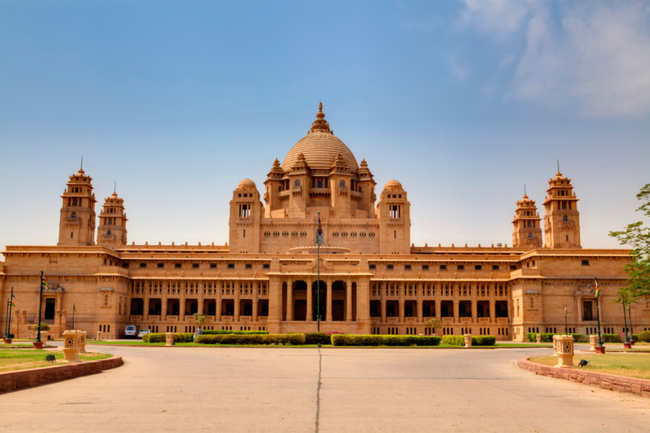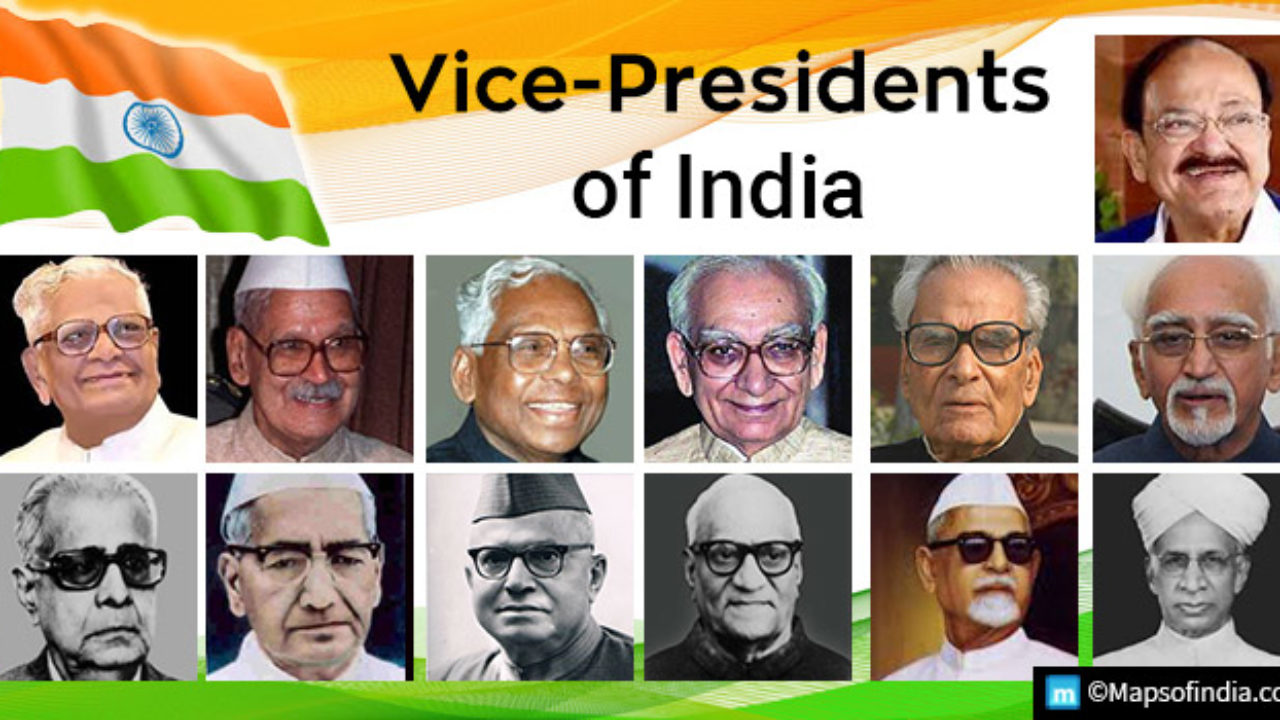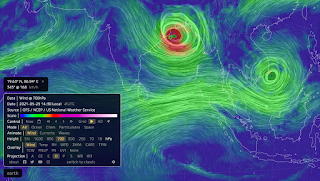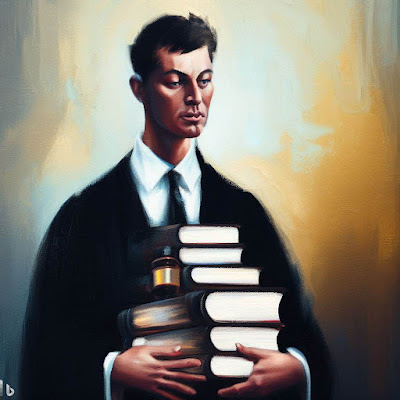President of India: Powers, Election, Qualification, Functions (Articles 52 - 62)
Constitutional provision related to President of India:-
The provisions from Article 52 to 62 of the Constitution are the provisions identified with the President of India. The Part V of the Constitution under Union has Chapter I which discusses the Executive has rattled off the capability, political decision and denunciation of the President of India. The forces have been characterized in different various Articles of the Indian Constitution. The President of India is known to be the head of the condition of the Republic of India and is likewise the conventional top of the leader, assembly and legal executive of India and is additionally the president of the Indian Armed Forces.
Introduction
Rajendra Prasad was the main President of free India.[2] Article 52 of the Indian Constitution gives that there will be a President of India. The Indian constitution agrees with the president, the obligation and position to shield and ensure the Constitution of India and its standard of law.[3] Without any variety, if any move is made by the leader or assembly organs of the constitution will become law simply after the consent of the President and the President will not acknowledge any activities of the chief or governing body which are unconstitutional.[4]
The President is the chief, generally engaged and prompts safeguard of the Constitution, who has the pre-emptive force for guaranteeing constitutionality in the activities of the leader or council and the part of the legal executive in maintaining the Constitution of India is the second line of guard in invalidating any unconstitutional activities of the leader and administrative substances of the Indian Union.[5]
Political race and Required Qualification of the President of India
Article 58 of the Constitution of India accommodates the capability of the appointment of the President of India. As per the provision (1) an individual is just qualified for the appointment of the President until and except if he is a resident of India, he has finished the age of 35 years and is equipped for the political decision as an individual from the House of People.
As per the provision (2), an individual isn't qualified for the appointment of President on the off chance that he as of now holds any office of benefit under the Government of India or the Government of any of the State or under any nearby or other power which is dependent upon the control of any of the said Governments. For the motivations behind this article, an individual will not be esteemed to hold any office of benefit by reason just that he is the President or Vice-President of the Union or the Governor of any State or is a Minister either for the Union or for any State.[6]
In the main instance of Peter Samuel Wallace v. Association Of India And Ors,[7] it was held that the necessities not satisfied by the solicitor were affirmed by him as unconstitutional and he could, in this manner, actually guarantee that he is a properly named competitor however the Returning Officer may take the view that his designation didn't satisfy the prerequisites of the law.
Article 54 of the Constitution of India, the President ought to be chosen by the individuals from the Electoral College which comprises of the chosen individuals from both the Houses of the Parliament and by the chosen individuals from the Legislative gatherings of the State. The clarification the "State" incorporates the National Capital Territory of Delhi and the Union region of Pondicherry.
Article 55 of the Constitution of India, characterized the way of appointment of the President. As indicated by provision (1), there should be consistency in the size of the portrayal of the various States at the appointment of the President.
The proviso (2) of the Article gives that so as to make sure about this kind of consistency pointing the States the number of votes which each chosen individual from the Parliament and of the Legislative Assembly of each State is qualified for the cast at such political decision should be resolved in the way with the end goal that each chosen individual from the Legislative Assembly of a State will have the same number of votes as there are products of 1,000 in the remainder got by separating the number of inhabitants in the State by the all out number of the chosen individuals from the Assembly;
in the event that, in the wake of taking the said products of 1,000, the rest of at least 500, at that point the vote of every part alluded to in sub-provision (a) will be additionally expanded by one; each chosen individual from either House of Parliament will have a such number of votes as might be acquired by separating the absolute number of votes allocated to the individuals from the Legislative Assemblies of the States under sub-conditions (a) and (b) by the all out number of the chosen individuals from the two Houses of Parliament, divisions surpassing one-half being considered one and different portions being ignored.
The statement (3) of the Article gives that the appointment of the President ought to be held as per the arrangement of the corresponding portrayal by methods for the single adaptable vote and the democratic at such political race will be by mystery voting form.
Article 71(1) gives that all questions and debates emerging out of or regarding the appointment of a President or Vice President will be asked into and chosen by the Supreme Court whose choice will be conclusive. In Narayan Bhaskar Khare v. The Election Commission of India,[8] and in N. P.Ponnuswami v. Returning Officer, Namakkal Constituency,[9] it was held by the Supreme Court that the questions and debates regarding a political decision can't be raised by the method of a writ appeal before the political race is held even in the Supreme Court and it is simply after the political decision is held and in a political decision request that the Supreme Court can resolve these questions and debates.
The locus standi for raising such questions and debates is had simply by an up-and-comer who alone can document a political race appeal. He might have become an applicant. It is his own persistent default which is answerable for not turning into an applicant. In our view, subsequently, he doesn't have any locus standi to scrutinize the legitimacy of the Presidential political decision planned to be hung on August 17, 1974, independent of the grounds which he may wish to desire to negate the said political race. For, all such grounds could be encouraged by him just in a political race request documented in the Supreme Court.
Residency and Impeachment of the President of India
Article 56 of the Indian Constitution accommodates the term of the President of India. As per the provision (1) of the Article, the president can hold the workplace for a long time from the date on which he has entered upon his office, given that the President leaves the workplace by giving the equivalent recorded as a hard copy to the Vice President, or has been eliminated from the workplace through the cycle of denunciation. As per the condition (2) of the Article, any abdication which has been given to the Vice President ought to be imparted to the Speaker of the House of the People.
Article 61 of the Constitution gives the arrangement of the system of prosecution of the President. The provision (1) of the Article gives that when a President is to be reprimanded for infringement of the Constitution, these charges will be favoured by either House of Parliament. The statement (2) of the Article gives that no such charge will be favoured except if:-
the proposition to incline toward such charge is contained in a goal which has been moved after in any event notice of fourteen days recorded as a hard copy marked by at least one-fourth of the absolute number of individuals from the House has been given of their expectation to move the goal, and
such a goal has been passed by a dominant part of at least 66% of the absolute enrollment of the House.
The provision (3) of the Article gives that when a charge has been so favoured by either House of Parliament, the other House will research the charge or cause the charge to be examined and the President will reserve the option to show up and to be spoken to at such examination.
The proviso (4) of the Article gives that if because of the examination a goal is passed by a larger part of at the very least 66% of the absolute enrollment of the House by which the charge was researched or caused to be explored, announcing that the charge favored against the President has been continued, such goal will have the impact of eliminating the President from his office as from the date on which the goal is so passed.
Powers and Privileges of the President of India
The President of India has been vested with enumerable powers, capacities and benefits.
1. Leader Power
Article 53 of the Constitution accommodates the leader intensity of the President under which he has the incomparable order on the Defense Forces and the President can direct any or each law with respect to the equivalent. Under this force, the President has the ability to sign or reject enactment, order the military, request the composed assessment of their Cabinet, assemble or defer Congress, award respites and exculpates, and get ambassadors.[10]
In Amritlal v. F.N. Rana,[11] it can't, nonetheless, be accepted that the administrative capacities are only performed by the lawmaking body, leader capacities by the chief and legal capacities by the legal executive alone. The constitution has not made supreme or unbending divisions of capacity between the three organizations of the State.
2. Administrative Power
The President alongside the committee of priests is the two individuals from the parliament and takes an interest personally in the administrative creation measure. The President has the ability to meet and prorogue to disintegrate Lok Sabha. The President has the ability to pass a bill and his consent is needed for the changing a bill passed by the two houses into an act.[12]
The President has law making power which enables the President to declare mandate as the conditions which seem to require When the two places of the parliament are not in meeting; he is fulfilled that the conditions exist which render it important for him to take prompt action.[13]
In B.K. Sardarilal v.Union Of India,[14] it was held that contention can be of any utilization to the candidate. The constitutional restriction contained in statement (2) of Article 77 is supreme and, hence, can't be given a pass by a confirmation that the respondents may decide to make. Conferment of ward and force on courts is managed by provisions of law and not by the affirmations made by the gatherings.
3. Legal Powers
The President has the ability to choose the Chief Justice of Supreme of Court of India and different appointed authorities on the counsel of the Chief Justice. The President can excuse the appointed authorities if and just if the two Houses of the Parliament chooses to pass goals with that impact that too by a 66% lion's share of the individuals present.
The President additionally has the privilege to give pardon. The president appreciates the legal invulnerability and furthermore no criminal procedures can be started against the president during the term in office of the president isn't liable for the activity of his/her duties.[15]
4. Crisis Powers
The President has Emergency powers as indicated by Article 352, 356 and 360. President may announce a highly sensitive situation in the entire or part of India on the off chance that he feels that a grave circumstance has emerged in which the security of India on some portion of its domain may get undermined by war or outside animosity or rebellion.[16] During the budgetary crisis, the President gets the monetary powers also.
Conclusion
It has been seen that in spite of the fact that the President of India has huge forces he can just exercise them with the guidance of Prime Minister and Council of Ministers as given under Article 73 and 74 of the Constitution. Note that the President is the primary resident of India who is the defender of the whole country in essence.












Comments
Post a Comment